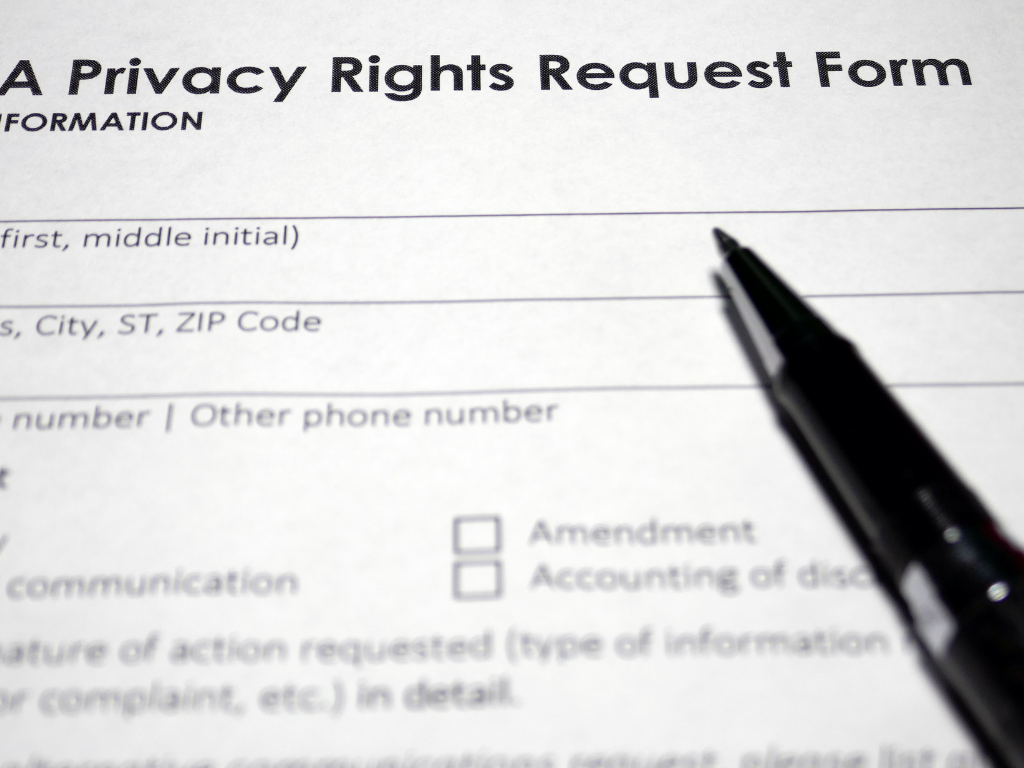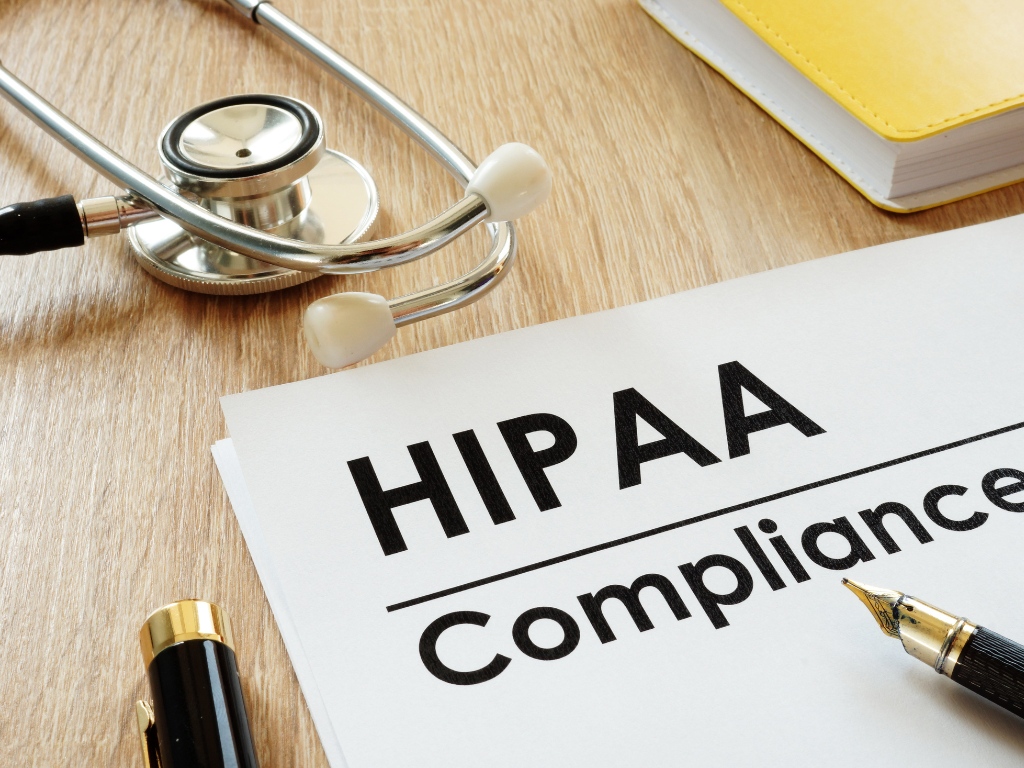Working in healthcare and ensuring that the data collected from patients stays private can be complex jobs. Juggling the demands of patients, providers, business associates, and covered entities while adhering to HIPAA’s numerous regulations is indeed challenging.
Read on to learn more about the different types of HIPAA forms. We’ll introduce you to their role in securing patient privacy and their importance in following HIPAA rules. Find the best ways to use these forms and see how they enhance patient privacy protection.
Different Types of HIPAA Forms
Ensuring compliance with the Health Insurance Portability and Accountability Act (HIPAA) is a significant aspect of healthcare operations. It involves understanding the types of HIPAA forms used for various purposes. Let’s explore some vital records to understand their roles and goals better.

Patient Consent Forms
Patient Consent Forms are like permission slips in healthcare. As stated in the form, they are essential proof that a patient agrees to a specific medical treatment. They also provide evidence of consent to the use and sharing of their health information.
Securing a patient’s informed consent before providing healthcare services is essential. It upholds patient dignity and choice, a key aspect of HIPAA regulations. It underlines the healthcare industry’s focus on respecting patient privacy and rights.
Business Associate Agreements (BAAs)
If you collaborate with vendors or third parties dealing with protected health information (PHI), you’ll likely come across BAAs.
These are crucial for HIPAA’s Privacy Rule compliance. Essentially, they ensure your business associates commit to protecting this sensitive information.
A carefully crafted BAA details the acceptable uses of PHI by a business associate. It obligates them to safeguard this data and addresses breach notification rules. A BAA minimizes your liability and ensures your associates treat their responsibilities equally as you do.
Notice of Privacy Practices (NPPs)
The NPP is a crucial document given to patients by their healthcare providers, as HIPAA certification regulations require. It explains how the provider may use and share health information and how the data is accessed. Additionally, it outlines your rights concerning your confidential health information and your provider’s obligations to protect the security of your data.
Authorization Forms
Authorization forms give healthcare providers the legal right to use or disclose a patient’s PHI. The individual must willingly provide the authorization. It should also specifically outline what information can be disclosed.
An authorization form is typically needed when a patient’s PHI is shared for reasons beyond treatment, payment, or healthcare operations. Patients can withdraw their consent at any point if they provide written notice.
It ensures that the patients have complete control over their data. It also proves the healthcare provider’s dedication to upholding patient privacy in adherence to HIPAA regulations.
Security and Privacy Incident Forms
Security and privacy incident forms are vital tools in managing and reporting security breaches or privacy violations. When an incident compromises the protection of sensitive patient data, these forms come into play. They help document the nature, severity, impact, and response to the breach or violation.
They ensure HIPAA compliance and provide a transparent process for managing incidents. It minimizes risks and protects both patients and healthcare providers. Correctly identifying, responding to, and reporting incidents is critical to securing patient data.

Patient Rights Request Forms
Patient rights request forms enable patients to request access to or modify their healthcare data. It is necessary if a patient wants to review their records, correct mistakes, or restrict data sharing.
Healthcare organizations must respond to these requests within a certain period, except in a few specific situations. These forms not only give patients a safe way to handle their health data. They also boost the enforcement of patient privacy laws in healthcare.
Best Practices in Using HIPAA Compliance Forms
When incorporating HIPAA compliance forms into your practice, there are best methods to ensure an efficient and accident-free process. Here are a few rules worth adopting:
1. Keep yourself updated
Regulatory compliance is not a one-time thing. It evolves and reforms regularly. So, always stay updated with the latest examples of different types of HIPAA forms.
2. Train your staff
Investing your time in training your team about the importance of HIPAA compliance and correctly filling out and maintaining HIPAA forms is essential. It helps to prevent unintentional HIPAA violations.
3. Fair access rights to employees
Not every staff member needs unrestricted access to every piece of PHI. Ensure only qualified personnel have the right level of access to sensitive information.
4. Routine audits
Carry out timely internal audits to guarantee the correct use of these forms, ensuring details are updated regularly and identifying areas for improvement.
5. Seek professional help
If you’re uncertain about any aspect of HIPAA compliance or the use of HIPAA forms, don’t hesitate to seek professional guidance. A little advice can help avert costly privacy breaches.
HIPAA Forms: A Step Towards Better Patient Privacy
Understanding HIPAA forms different types is not just a compliance responsibility. It’s also vital to strengthening patient trust and maintaining the integrity of healthcare services. When used effectively, these forms enhance transparency, promote patient interaction, and ensure that sensitive health information is treated respectfully.
Each form, from the patient consent to BAAs, helps protect against breaches and builds trust within the healthcare sector.




